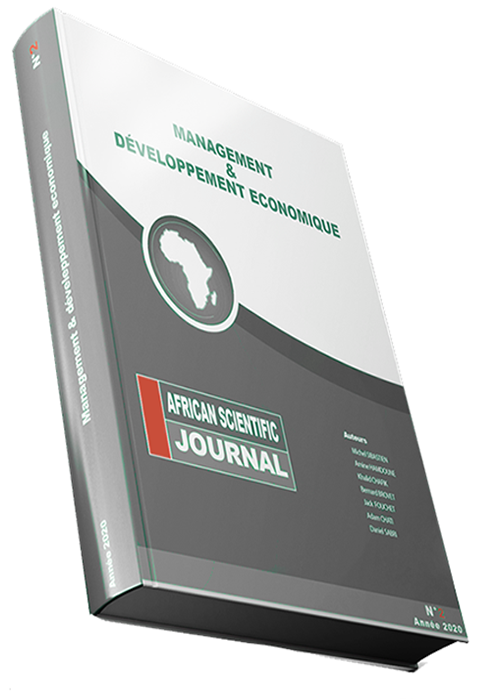Evaluating the impact of remittances on child education and healthcare expenditures in Morocco: A matching method approach
DOI:
https://doi.org/10.5281/zenodo.16874871Abstract
Abstract
This paper uses an econometric model based on propensity score matching to analyze the impact of remittances from Moroccans residing abroad (MRA) on children's education and healthcare expenditures. The results indicate that households receiving these remittances have significantly higher rates of medical consultations and education than those that do not receive them. This trend is particularly pronounced in rural areas, where access to healthcare and education services may be more limited. Remittances thus emerge as a crucial lever for improving the living conditions of households, underscoring their vital role in the economic and social support of families, especially in regions with limited resources. These findings emphasize the importance of public policies that facilitate the transfer and effective use of remittances to maximize their benefits on household well-being.
Keywords: Remittances, Household, Healthcare, Children’s education, Moroccans residing abroad.
Downloads
Published
How to Cite
Issue
Section
License
Copyright (c) 2025 African Scientific Journal

This work is licensed under a Creative Commons Attribution-NonCommercial-NoDerivatives 4.0 International License.





















